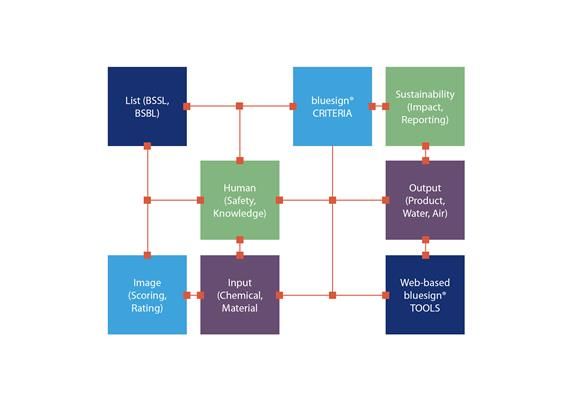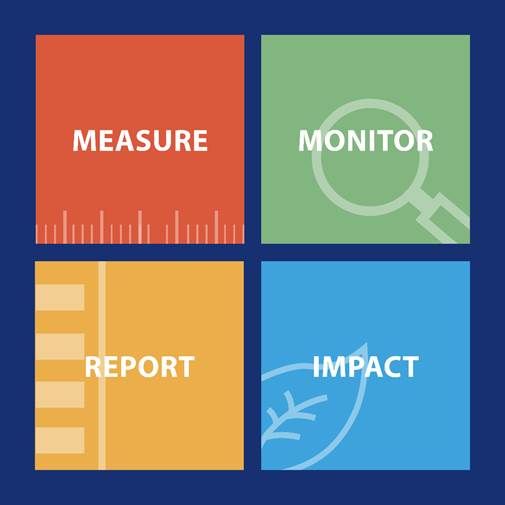There is a shift going on in the global apparel industry and Bangladesh is probably on the right side of the shift. The country is slowly moving from being the sourcing destination for regular textile products, to a destination for technical and specialised items that are heavily dependent on fabric performance achieved through complex chemical applications.
When we talk about complex chemicals, it is hard to separate this topic from the topic of environmental impact. For the last 20 years, bluesign has been working with the partners in the textile supply chain to achieve performance through safe chemistry, minimising impact on people and the environment. Although there are several issues to tackle regarding impact, reducing CO2 and water emissions remain a priority for the textile industry.
 With the goals to reduce carbon emissions to curb global warming, it is ever more important to map supply-chain partners to identify impacts. The proposed supply chain due diligence act in the EU demands brands to disclose their suppliers, look at the environmental and social impacts in the supply chain, and demonstrate a realistic action plan on how to reduce these impacts.
With the goals to reduce carbon emissions to curb global warming, it is ever more important to map supply-chain partners to identify impacts. The proposed supply chain due diligence act in the EU demands brands to disclose their suppliers, look at the environmental and social impacts in the supply chain, and demonstrate a realistic action plan on how to reduce these impacts.
Similar legislative proposals also exist in the US. In that regard, a high level of transparency will be required to communicate environmental commitments, which will also require traceability systems such as digital product IDs to be implemented. Given the number of “green claims”, which are misleading to consumers, working with credible third-party certifications will also be mandatory to back up these claims. Though showing true environmental commitment is voluntary at the moment, once the proposed legislations are in effect, this will not be an option but will become a requirement. To achieve impact reduction in the supply chain, brands can partner with suppliers to invest in manufacturing-process improvements, increase resource efficiency regarding water and energy, and use clean, approved chemistry throughout manufacturing.

To assist the brands and manufacturers, bluesign has recently launched a number of new services besides its traditional system partnership services. The new services are:
• Data Services
• Impact Services
• Product Carbon Footprint
• Sustainability Management & Reporting
• Product Stewardship Services (For Chemical Companies)








Comments